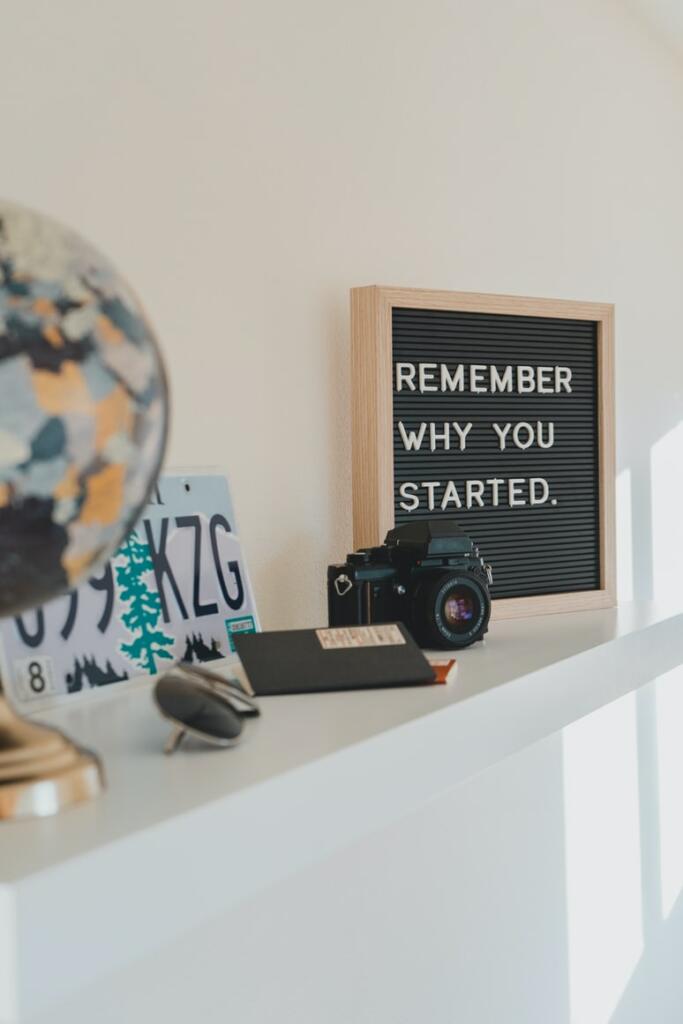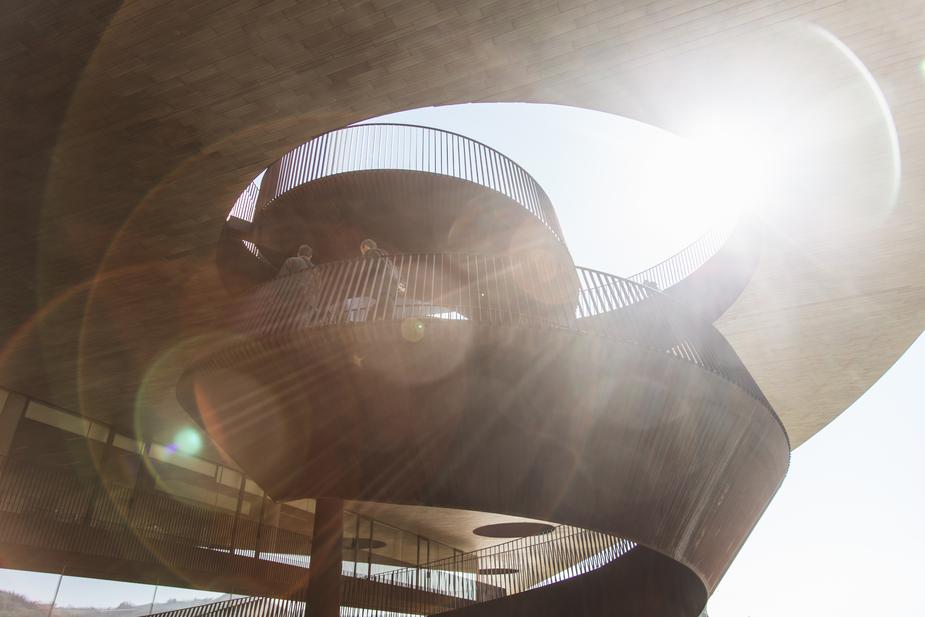When the COVID-19 pandemic was declared in March 2020, I had been working in Public Health for just over four months. Fresh out of graduate school, I was still learning the ropes. The transition into your first “real” job can already be challenging; add a pandemic into the mix and you have what some might call a double whammy. Lucky me!
Now that we’re in a bit of a lull with the end of the first wave, I’ve been taking some time to reflect on what I learned in the first half of 2020. I hope that these reflections will validate the experiences of other early career professionals and perhaps offer a new way of approaching shared challenges.
Lesson 1: Clarify your role and responsibilities
So what do you do in your role as a Health Promotion Planner? When I first started my job, I dreaded this question. Truthfully, I was having a hard time understanding it myself. I was the first person to hold my role and the job description felt vague. I lead the organization’s Indigenous engagement portfolio, which means my responsibilities aren’t as cut and dry as more “traditional” public health roles. Just when I felt like I was starting to hit my stride, the pandemic hit and everything changed.
It can be stressful when there are a million things to be done but you don’t know where you fit in. If you find yourself in this position, check for updates to organizational charts that might help you understand where and how things are changing at a high level. If your employer has activated their Incident Management System (IMS), try to learn more about these changes too. Never be afraid to ask your Manager for clarification about your role and responsibilities. It might feel silly, but no one expects you to magically know what you’re doing in this new and dynamic context and it’s their job to support you in figuring it out.
Lesson 2: Focus on your sphere of influence
There will likely be aspects of the public health response that frustrate you, especially if you belong to a community that is vulnerable to the spread of COVID-19 or is at high risk for adverse outcomes. We don’t leave our identities at the door and it’s easy to feel helpless when our communities are suffering but we have little decision-making authority. As an Anishinaabe person, this was true for me. I was hearing so much talk about the importance of health equity in responding to COVID-19, but didn’t feel like this was playing out on the ground.
My way of coping was to focus on things I could change. For example, I started a conversation with other Health Promotion Planners to identify strengths and areas for improvement in relation to health equity and our COVID-19 communications. I still think a lot about policy gaps, especially at the provincial and national levels, but it feels good to know that we’re doing what we can here. For issues that are outside of my control, I’ve been writing down my thoughts to release some frustration and to prompt reflection in case opportunities for advocacy come up down the line.
Lesson 3: Take care of yourself (seriously)
When COVID-19 first hit the scene, things were moving a mile a minute. There was so much to do and the stakes were high. Although things have slowed down for now, they will pick back up soon. In fact, the intensity of this work will likely continue to ebb and flow for a while. For this reason, leaders like Dr. Tam have urged us to think of this period as a marathon rather than a sprint. To avoid burning out before the “finish line,” we have to take care of ourselves.
Following a rough first few months, I’ve been making a conscious effort to prioritize “self care”. I don’t think anyone in this line of work needs to be reminded about the importance of “health promoting” behaviours like exercise and social connection. What I will say is that all of this has required me to be gentle with myself while simultaneously pushing myself to do things that don’t feel easy in the moment. The last thing I want to do after a long day at work is wash dishes, but it’s better than letting them pile up and dealing with a mountain two days later. Similarly, moving my body whenever and however I can helps prevent low level stress from building into something more debilitating.
Lesson 4: Be confident about what you know and transparent about what you don’t
Expectations abound during uncertain times: those we set for ourselves and those others set for us. As public health professionals, friends and family will have expectations about what we do or don’t know about COVID-19. In my experience, they generally assume that I know much more or much less than I actually do. You may also put pressure on yourself to have it all figured out. Up until recently you were probably in school, where you were rewarded for knowing the answers and penalized when you didn’t. These expectations can be a lot.
In reality, no one knows everything. We each bring a unique set of skills and experiences that allow us to contribute to the response in our own way. We also have the training to learn more about the things we don’t know. Remind yourself regularly of what you bring to the table. If you don’t have an answer, think about whether there’s any way to go about finding it (sometimes there isn’t and that’s okay). Similarly, be transparent with friends and family about what you do and don’t know. You aren’t the authority on COVID-19, but you know enough to support where and when you can. Others might not be able to appreciate these nuances, but that doesn’t take away from your worth.
If you take away one thing from this blog post, know that you are seen and heard. This is a challenging time to be beginning a career in Public Health. It’s also an unparalleled opportunity to learn and grow – try not to let it pass you by!
Disclaimer: The views and opinions expressed in this blog are those of the author and do not necessarily reflect the views of their employer.






